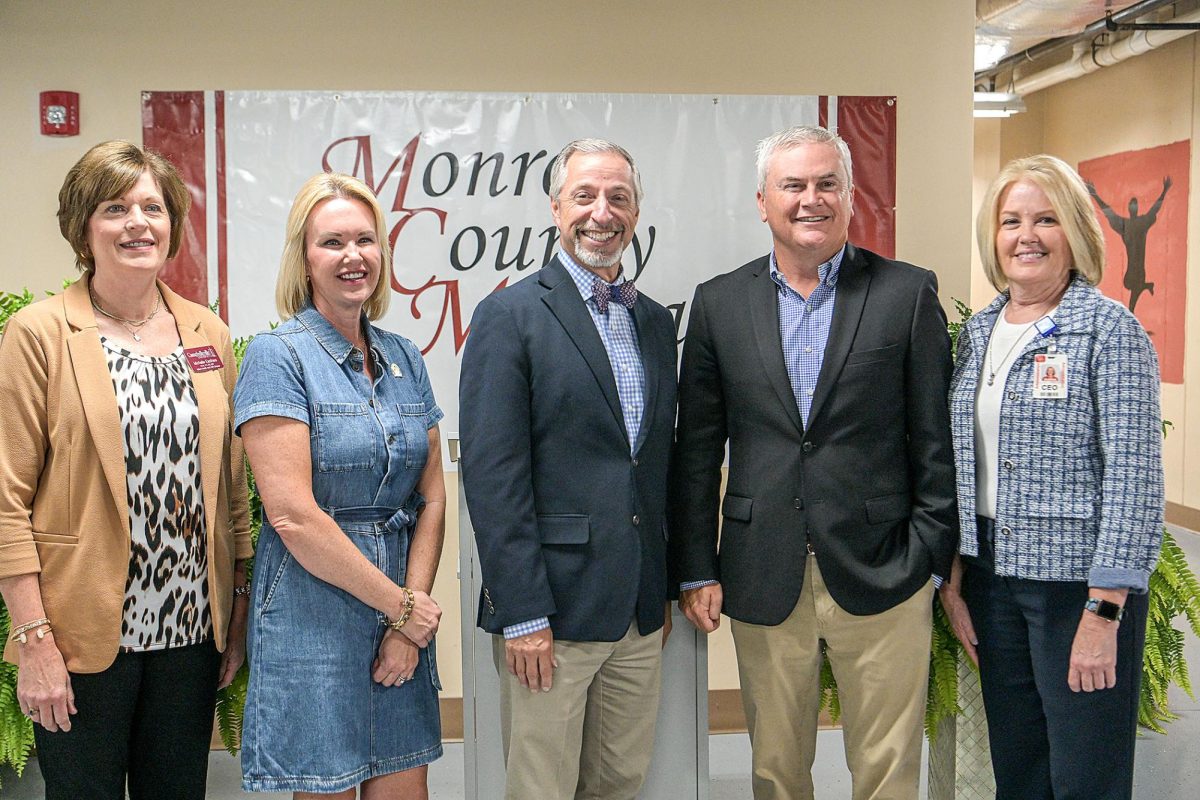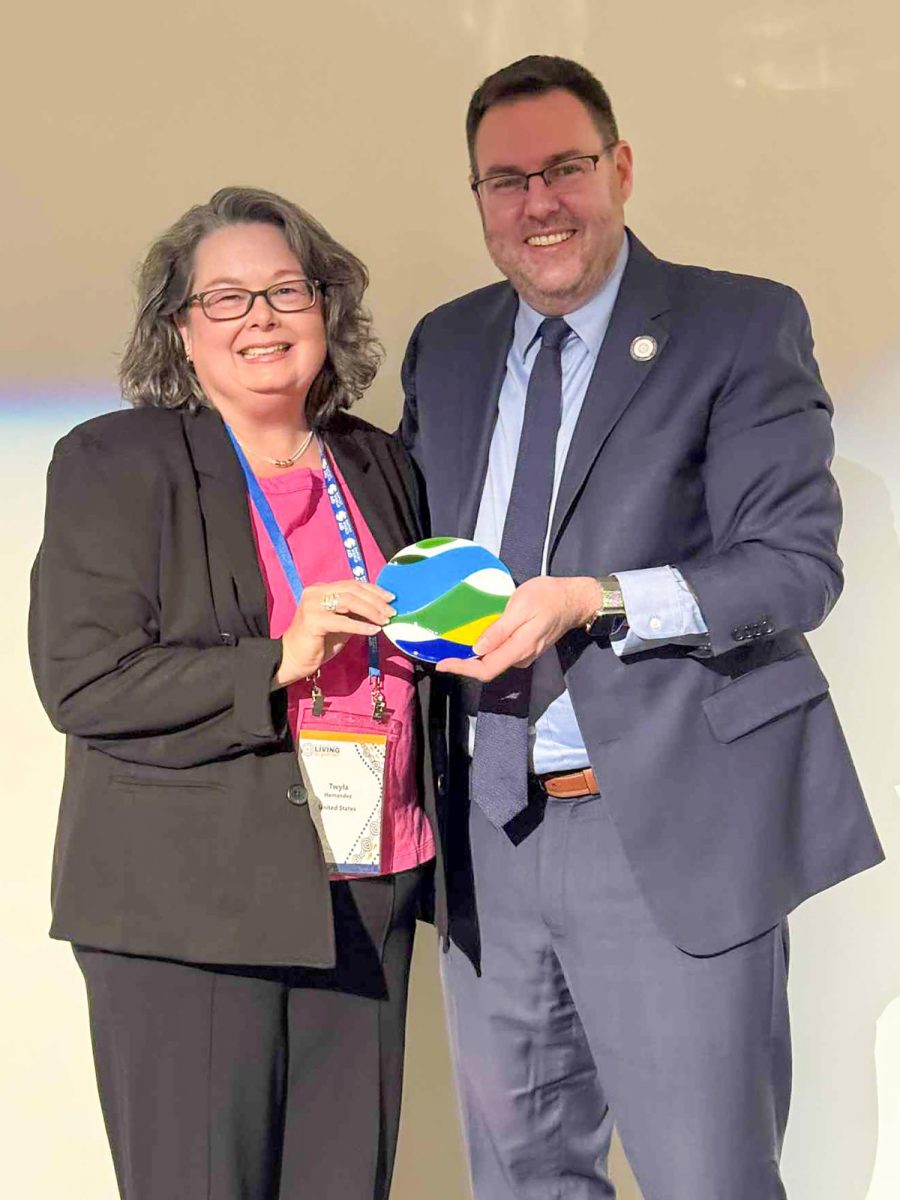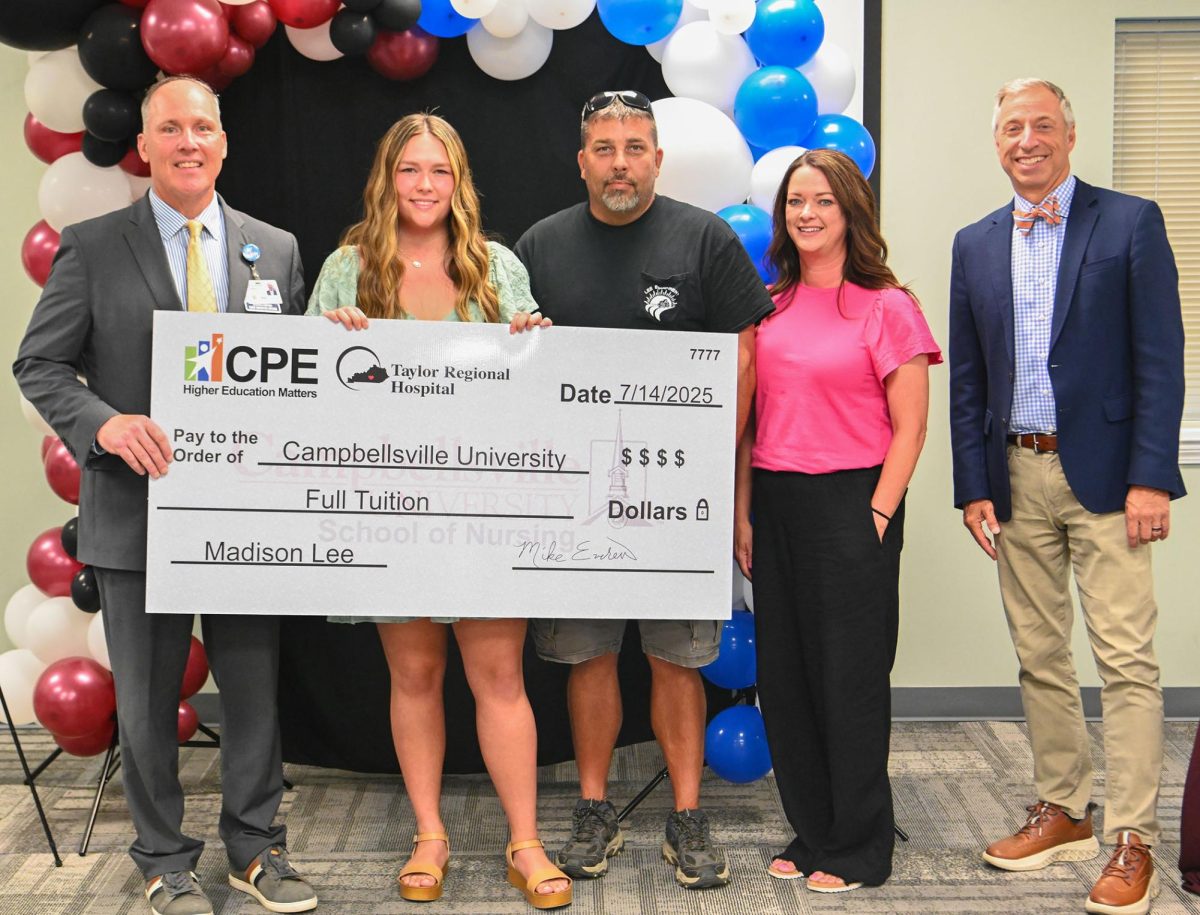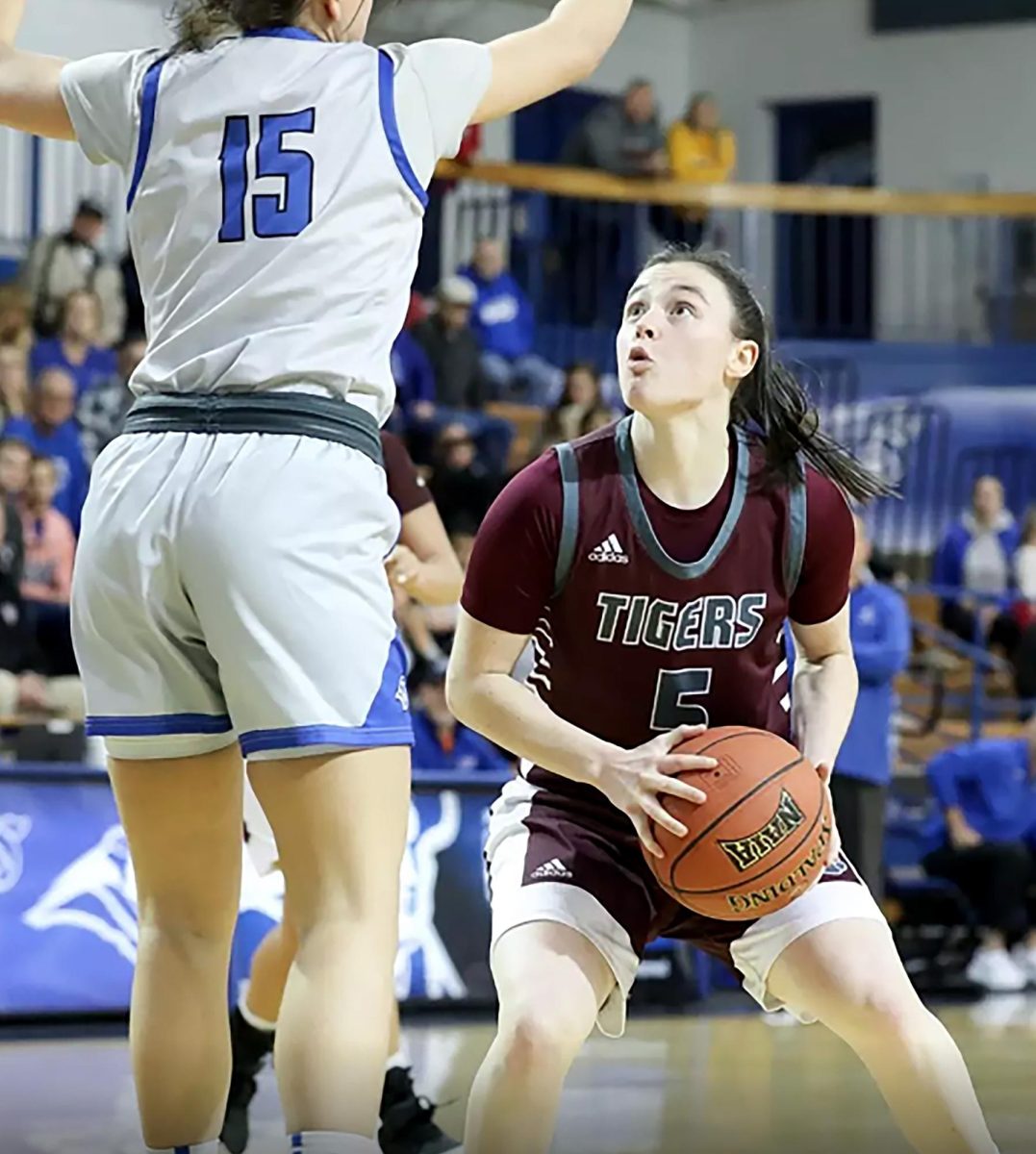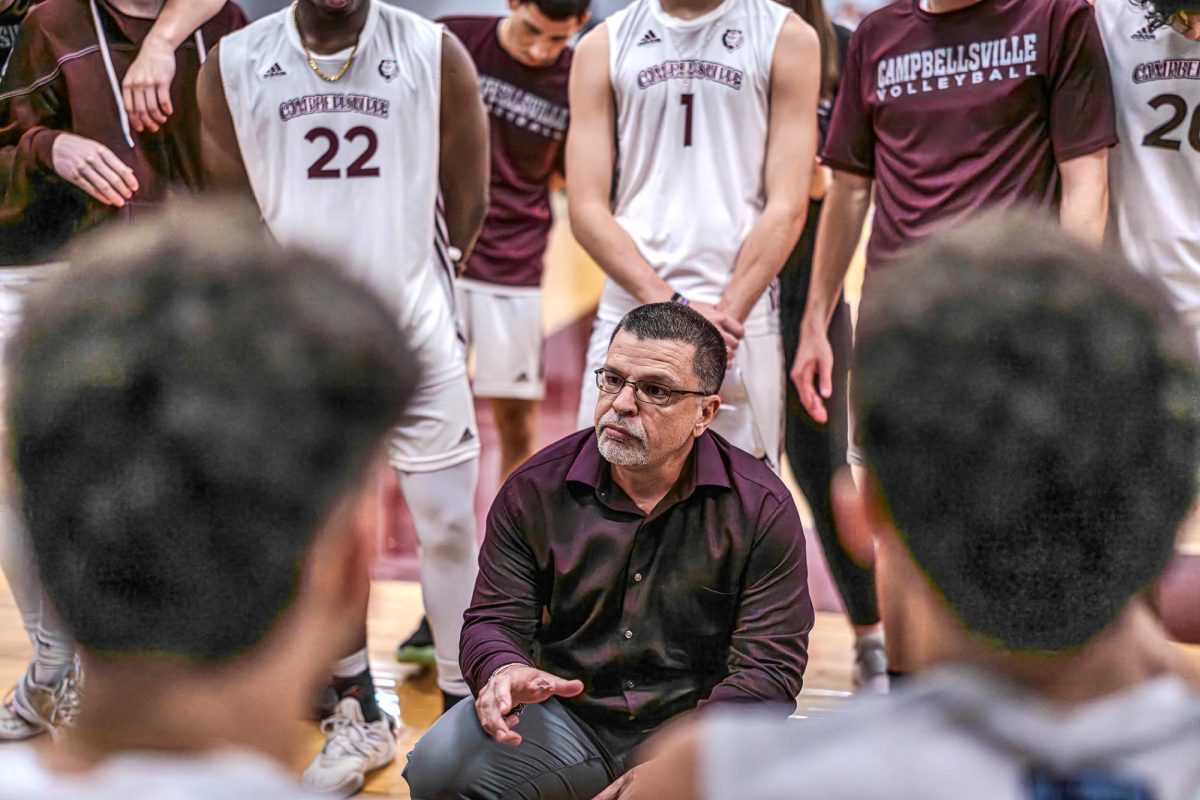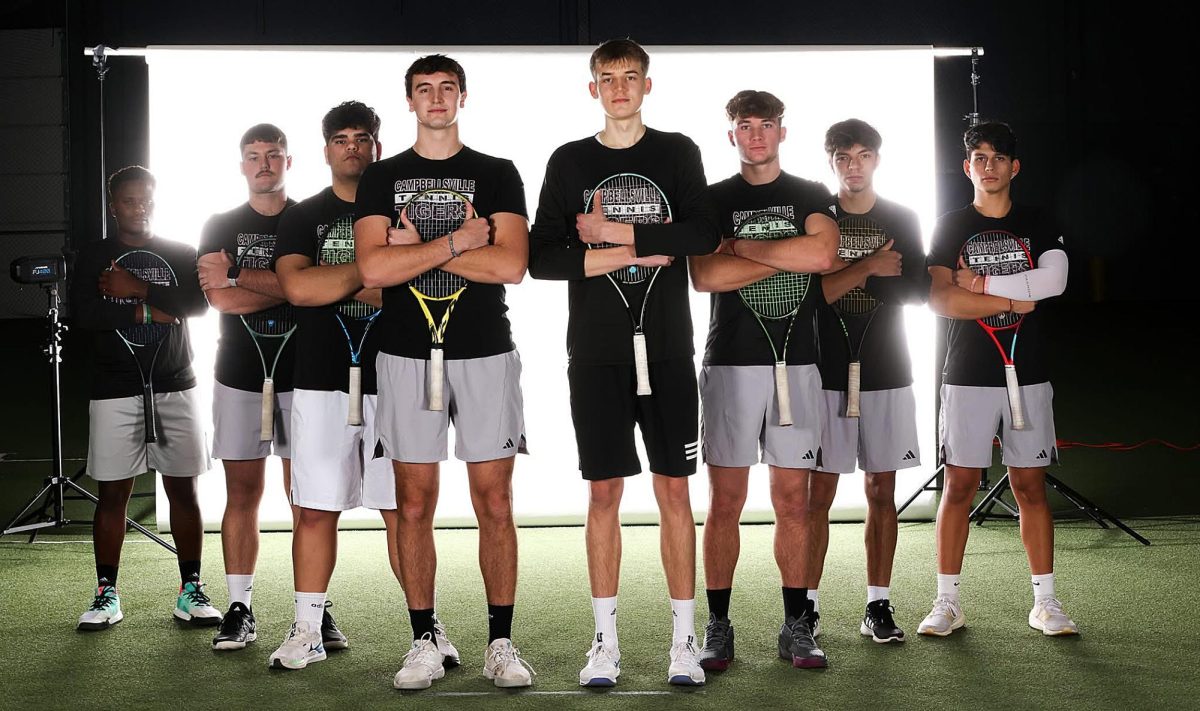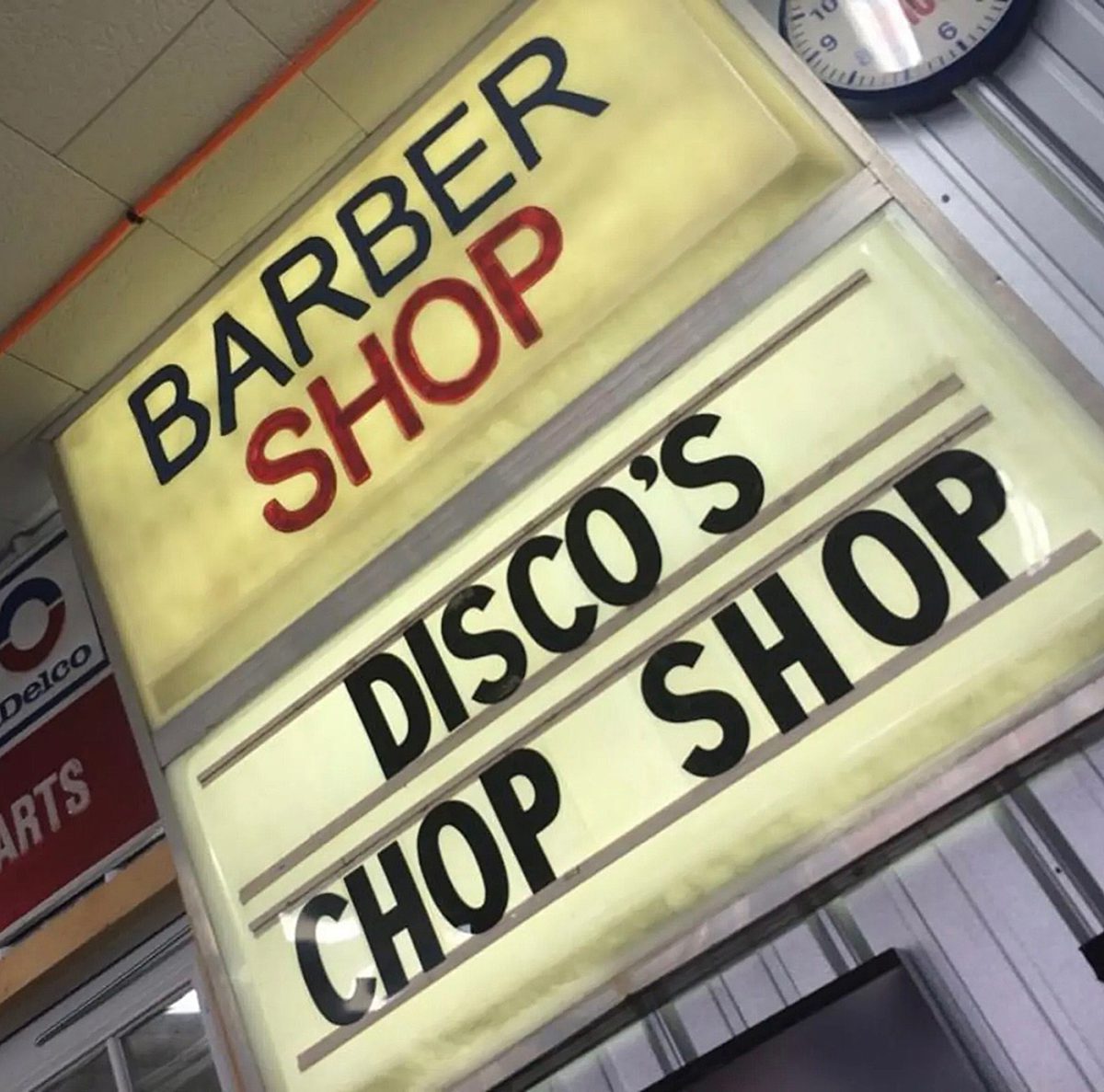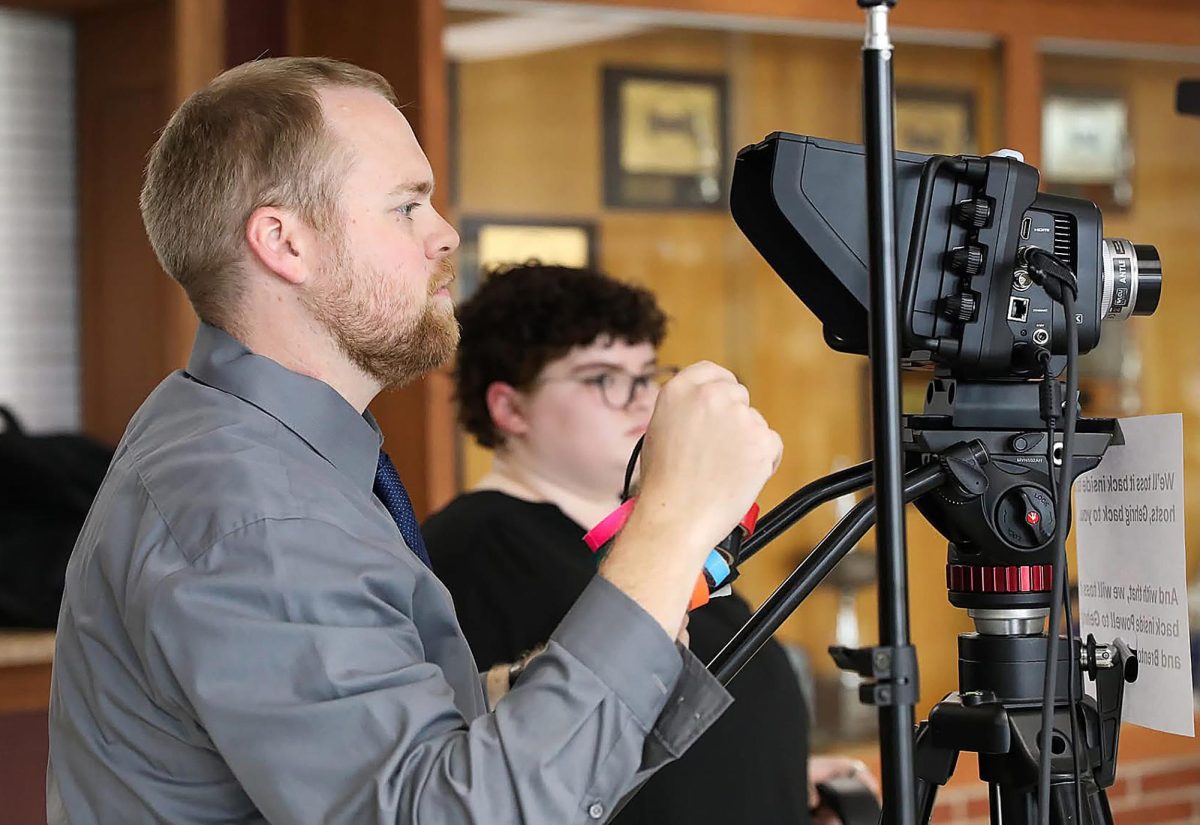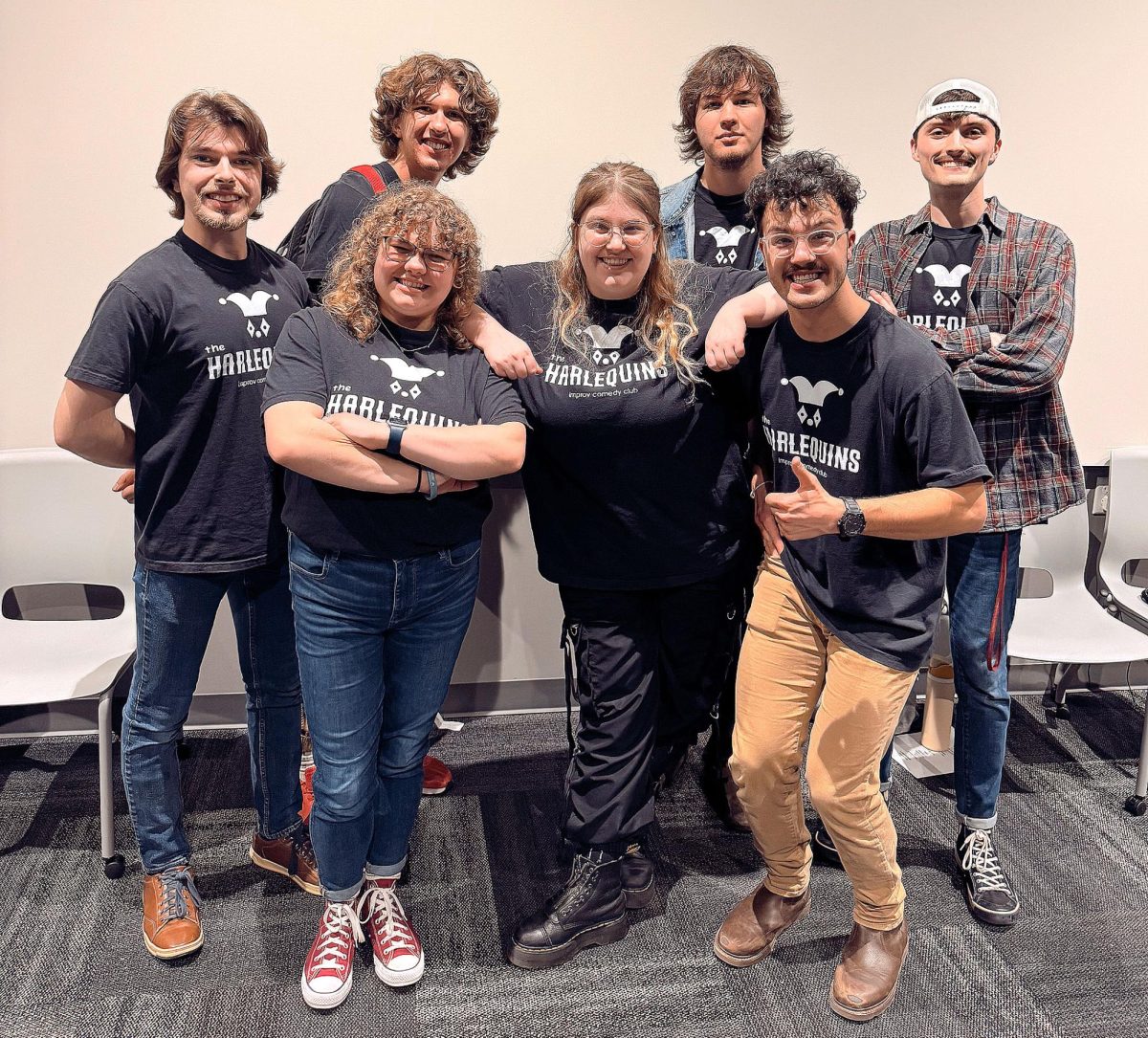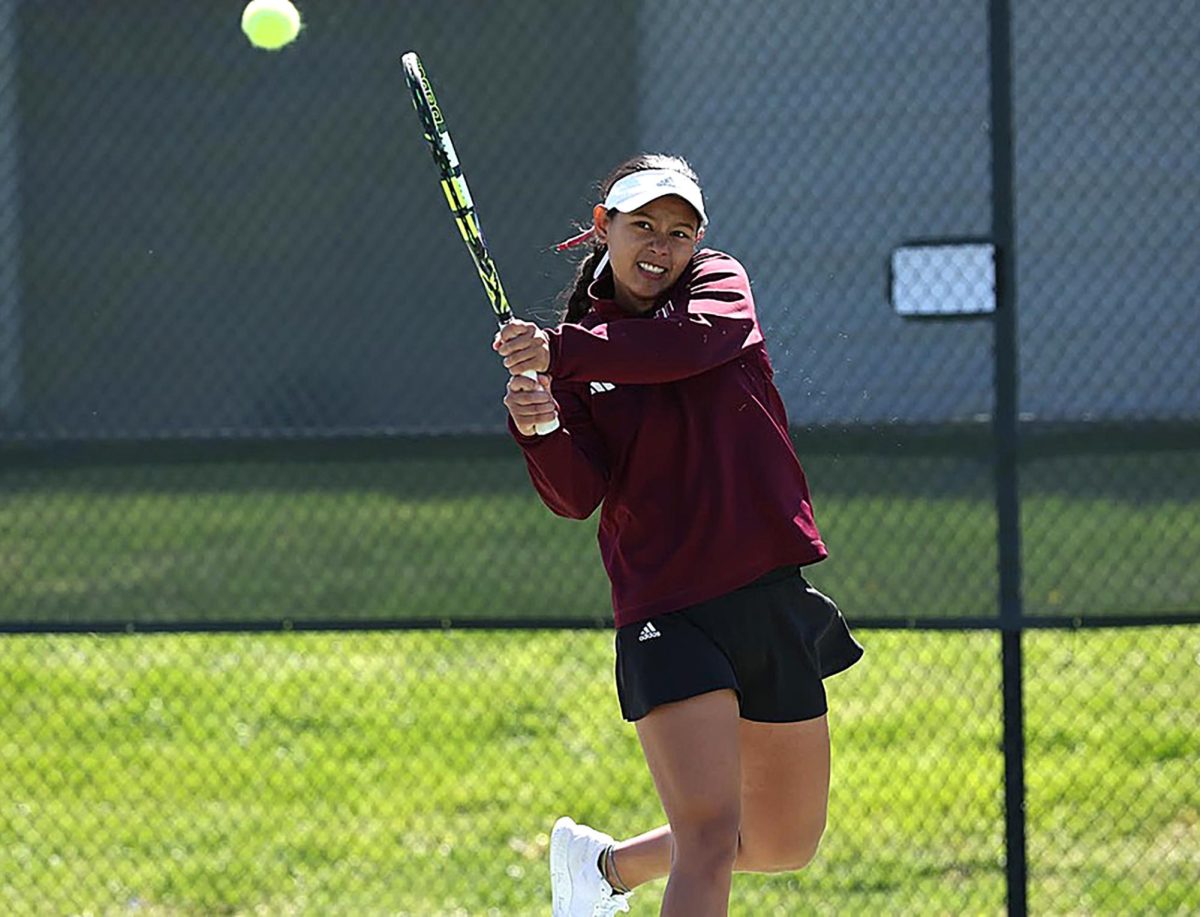In a world where high school seniors are often pressured to map out their entire future before setting foot on a college campus, I think it’s better to come to school undecided and allow yourself time to figure out what you want to do.
While it may seem wrong, entering college without a declared major offers several key advantages, such as the freedom to explore, a clearer understanding of what different majors really involve, and the ability to stay on track academically without rushing into the wrong path.
One of the biggest benefits of entering college as an undeclared student is the opportunity to explore a wide range of academic interests. Students can test the waters across different fields rather than locking into a specific track immediately.
From my experience, I came to college with the idea that I wanted to major in criminal justice. Turns out that after one class and freshmen orientation, criminal justice was not what I wanted to do at all, which made my entire first semester a waste.
Switching majors is a common thing, and sometimes it happens more than once. Later, after I had changed my major to mass communication, I would find myself adjusting and changing it once more. This time, not wasting anything but adding more to the classes I would need to take.
Another reason not to rush into a major is that sometimes they aren’t what you expect. What sounds exciting might feel very different in practice.
By taking introductory courses and speaking with professors and peers, undeclared students get a more realistic sense of what each major entails before committing. As mentioned earlier, I had started with criminal justice and thought I had a complete idea of what it would be like during my classes. Turns out, I was wrong.
While taking these classes, I constantly asked myself, “Is this what I want to do with my life after graduation? Is this going to be exactly what I thought it was?” And sometimes that is okay, I still have some interest in that field, but it was not what I thought it would be at all.
Sometimes, the major you rule out completely can be the one you find the most interesting. Initially, I told myself I would never major in communications. All I ever heard was constant paper writing and public speaking. Now, I am three years into a communications major, and I’ve taken classes such as editing practice and theory, photojournalism and radio news production.
I cannot stress enough how important it is to talk to people about the major you are interested in. The more of an idea you have going in, the better. I see so many students enter the university tunnel locked on a major just to find out a couple of semesters later that they hate it. There is no worse place to waste your time than college. Too many things are at stake, so getting the information you need about your interest is crucial.
Contrary to popular belief, being undecided doesn’t mean falling behind. Colleges structure general education requirements and elective courses in a way that still allows students to progress academically while exploring their options.
I hear a lot from incoming students that they don’t want to fall behind or waste their time, so they feel like they have to have a major right away. This could not be more false. Yes, you could waste a lot of time if you don’t declare after a couple years, but with how most universities do their free electives, finding a major you are truly interested in is so easy.
Sometimes, even general education classes can be a part of a major you thought you might like. For me, that was public speaking. What I thought would be a class I hated turned out to be one I enjoyed, and I wanted to see what other classes in that field looked like. After exploring and talking to people, I switched majors and now have fully experienced the major I was interested in during my freshman year.
Looking back, after a short four years, I frequently find myself saying, “I wish I could go back and start all over doing what I’m doing now.” But really, I don’t think that at all. Going through college the way I did was nothing but a learning experience and without it, I wouldn’t be able to write this piece giving my advice and hopefully helping someone figure out what they want to do after graduation.
In short, starting college without a major doesn’t mean a student is lost. It often means they’re just taking a smarter, more thoughtful approach to one of life’s biggest decisions.
